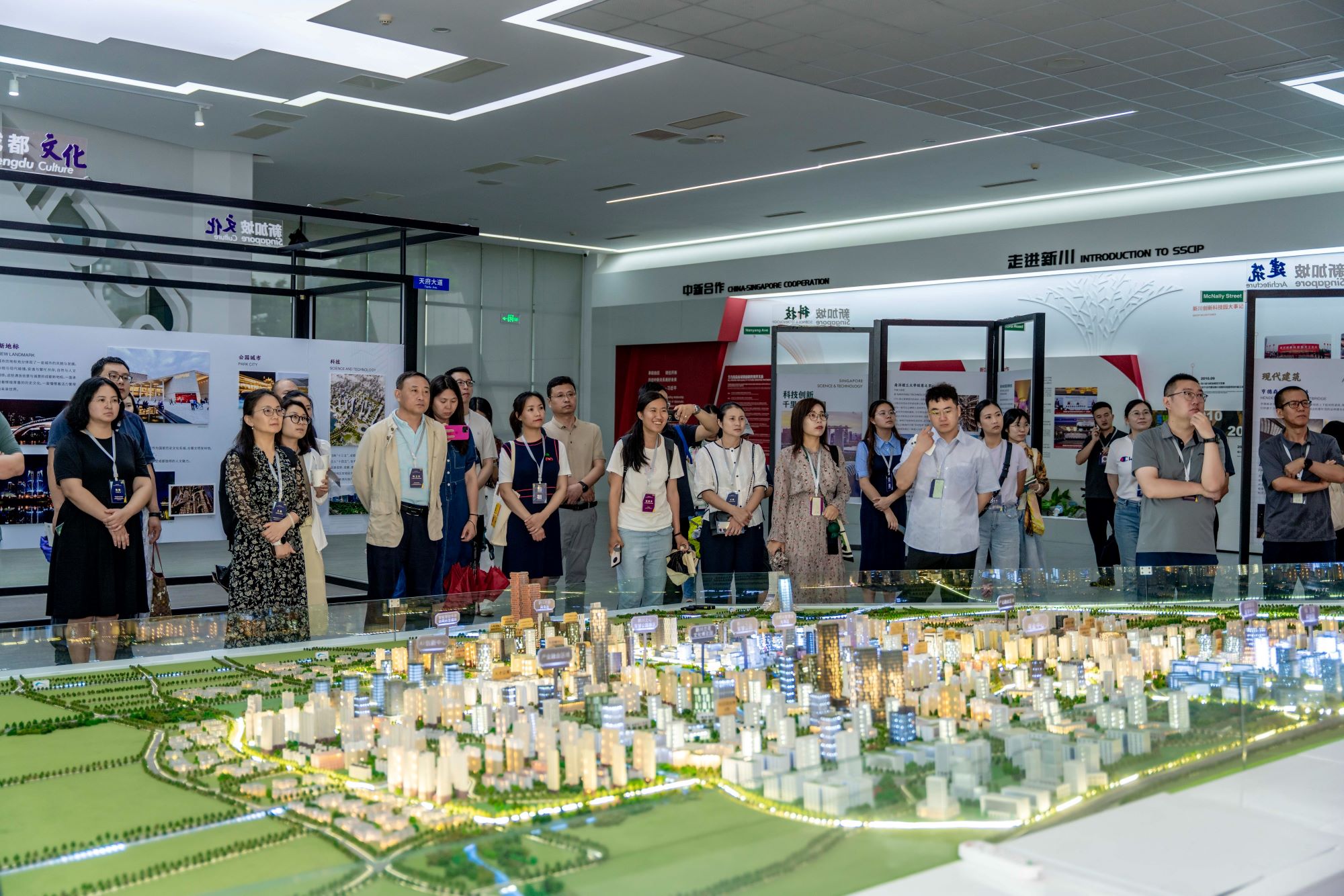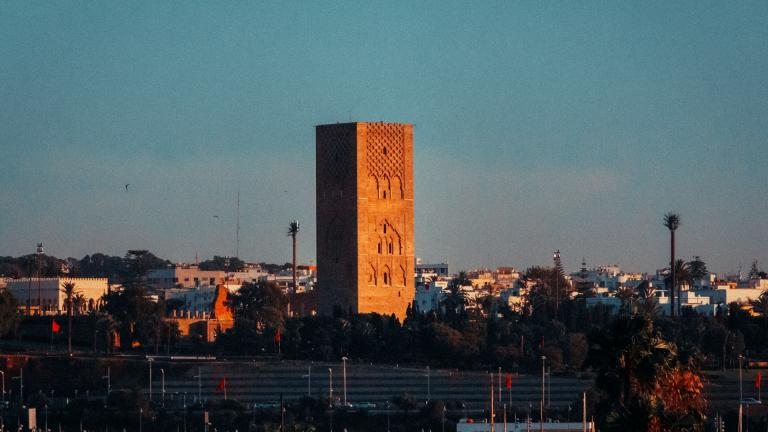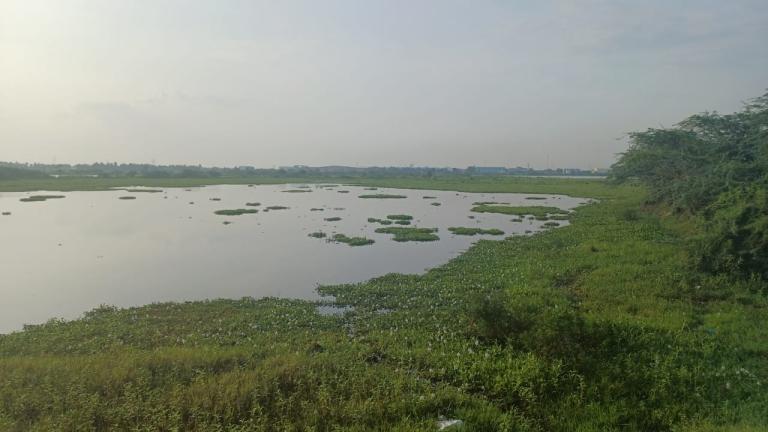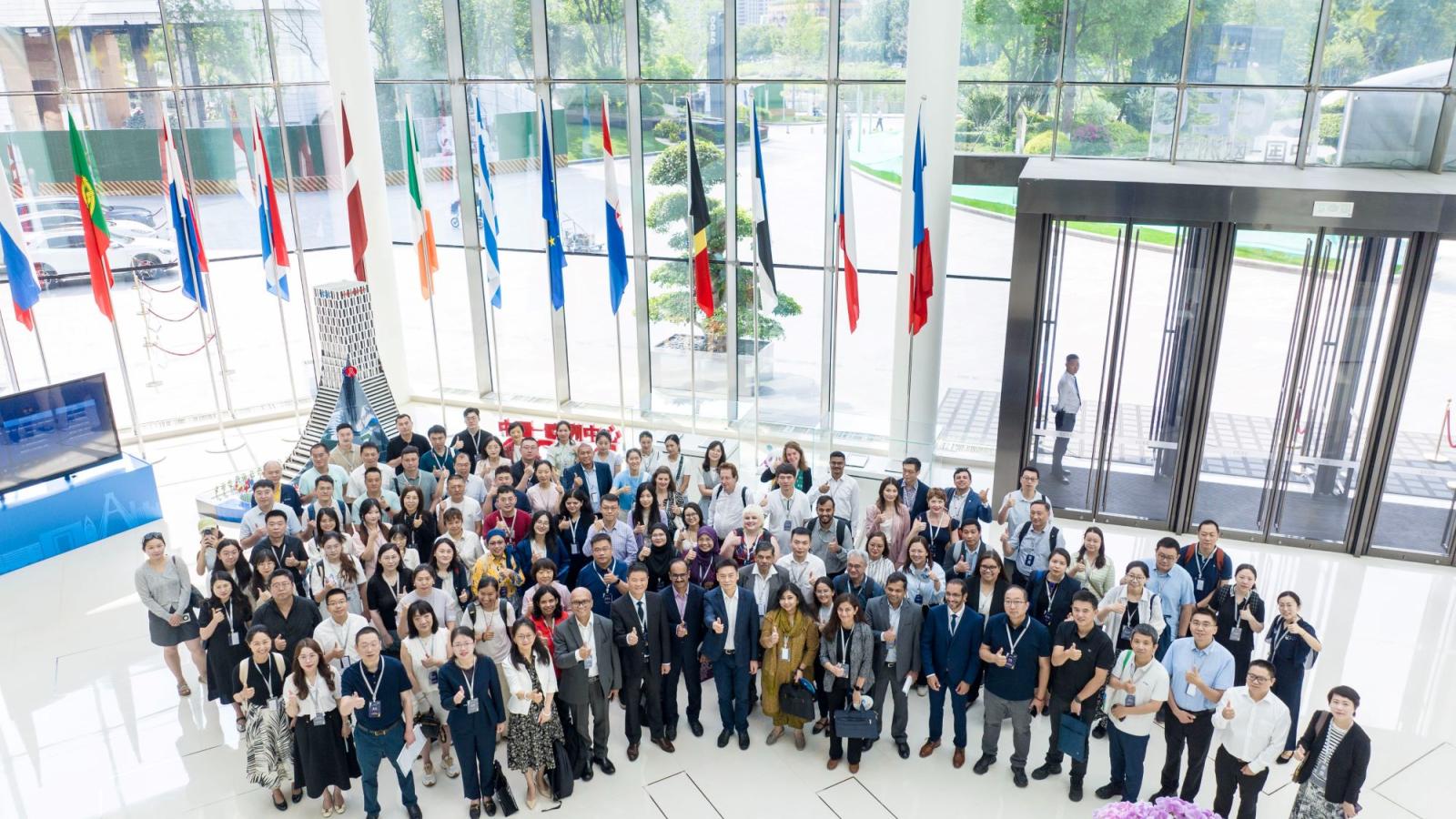Recap
Empowering Cities to Shape Climate Goals: Lessons from the UrbanShift China City Academy
On 1-3 July 2025, the Academy brought together over 120 participants from cities in China, India, Malaysia, Mongolia, and the Philippines, alongside national government representatives.
From 1 to 3 July 2025, UrbanShift, in partnership with the China Center for Urban Development (CCUD) and ICLEI – Local Governments for Sustainability, hosted the UrbanShift China City Academy in Chengdu, China. The Academy brought together over 120 participants from cities in China, India, Malaysia, Mongolia, and the Philippines, alongside national government representatives, to strengthen local capacity for integrated, inclusive, and nature-positive urban development.
A regional platform for learning and alignment
The UrbanShift China City Academy provided a rare opportunity for peer learning and cross-country dialogue. The three-day event offered two thematic tracks: Green and Thriving Neighbourhoods, led by the UN Environment Programme, and supported by C40 Cities and UN-Habitat and Urban Biodiversity, led by the World Resources Institute.
Through these focused tracks, participants explored practical tools and policy strategies to tackle challenges such as emissions from urban sprawl, biodiversity loss, and climate vulnerability. They also examined how neighborhood-scale planning and nature-based solutions can contribute to broader climate and sustainability goals.
City leaders and experts from Shijiazhuang, Guangzhou, Melaka, Quezon, Anji County, Puducherry and Chengdu shared insights from their own experiences, reinforcing the value of hands-on learning and showcasing scalable solutions that could inform national climate planning.
Putting cities at the heart of climate action
The Academy sessions demonstrated why local governments must be recognized as essential actors in implementing climate action both at the local level and at the national level NDCs. In Guangzhou, for instance, the city’s evolution from fragmented community engagement to a carbon-inclusive development model was a compelling example of how local governance can drive systemic change. Similarly, participants in the Urban Biodiversity track examined how ecological infrastructure and data-driven planning can generate co-benefits for health, climate, and livelihoods; outcomes that are often missing from national datasets but crucial for delivering on climate commitments.
Within this track, participants also explored finance opportunities, including tools developed under the INTERACT-Bio project and the Transformative Actions Program (TAP), which support local and regional governments in turning project ideas into investment-ready proposals.
From classroom to city streets
To ground the discussions in real-life practice, the Academy included site visits to twomodel projects in Chengdu: the Sino-Singapore Innovation Park, Heartbeat Central Park, and Luxelakes Eco City.

At the Sino-Singapore (Chengdu) Innovation Park, visitors saw how low-carbon design and high-tech innovation intersect to support both social and environmental goals. The nearby Heartbeat Central Park illustrated how green space can be thoughtfully woven into dense urban areas to foster biodiversity, community well-being, and climate resilience. Lastly, the Luxelakes Eco City offered a living example of water-sensitive urban design, where ecological restoration, walkability, and lifestyle integration come together to shape a livable and sustainable neighborhood.
A blueprint for multilevel collaboration
The UrbanShift China City Academy highlighted the power of knowledge exchange in aligning local and national climate efforts. It showed how capacity-building, peer learning, and technical guidance can prepare cities not only to implement sustainability measures but also to actively shape national policies.
Events like the UrbanShift City Academy are not just about training; they are about creating the enabling conditions for local action to drive national progress.

Local action to drive sustainable tourism for the communities and nature
How can we ensure tourism not only thrives but also helps protect our planet?

UrbanShift China City Academy
City officials engaged with regional and global experts to strengthen their knowledge and capacity to implement sustainable urban practices.

Second National-Local Dialogue for Morocco: From Vision to Local Action, Advancing the Circular Economy
Building on the first National-Local Dialogue, this convening offered an opportunity to deepen discussions around localizing circular economy principles across the country.

How Chennai is restoring Kadapakkam Lake with nature-based solutions
An UrbanShift spotlight on integrated water management, climate adaptation, and local innovation

